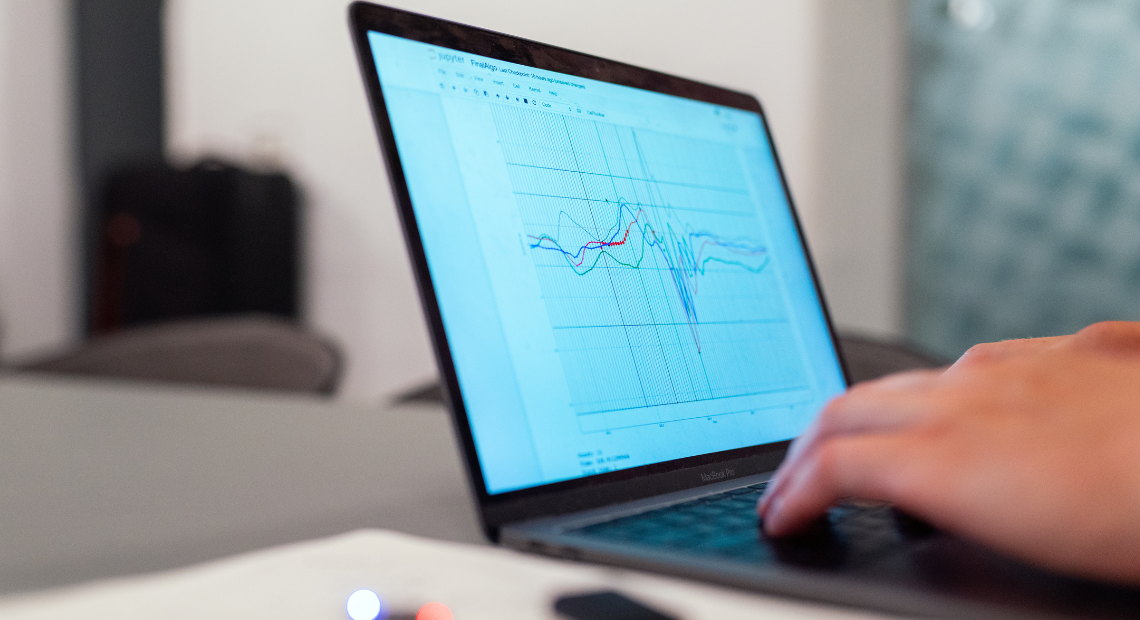The Knowledge Industry Grants are aimed at funding innovation projects to boost the technology transfer and cooperation between academia and the industrial sector.
Two types of grants exist:
- Type A: “Llavor Grants” for innovative projects with the potential for being incorporated into the production sector. The funding of innovation projects must correspond to phases 1 and 2 of the scale of technological maturity (TRL). The projects must be aimed at boosting protection for knowledge created an initial (pre-prototype) testing and will try to define the route of marketing, business model, analyze technological and commercial viability, design proof of concept.
- Type B: “Producte Grants” for the obtaining of prototypes and the valorisation and transfer of the results of the research created by research teams in Catalonia. The objective is finance projects to obtain prototypes and to make the results of the research more valuable and transferable. The projects must correspond to the test phase of concept 3-7 of the scale of technological maturity (TRL). They must understand structured activities that allow the achievement of a proof of concept (prototype, pilot, pre-industrial or pre-clinical test, among others) and reduce the uncertainties about technical and commercial feasibility.
IREC researchers have earned four of such grants to develop the following projects, starting this October 2022:
- “Sistema habilitador de tecnologia SDN i intel·ligència distribuida a la xarxa elèctrica” (SDN-enabler), type A (led by Alba Colet and Jose Luis Domínguez; Power Systems group at IREC) will create a device called SDN-enabler to attach to conventional RTUs and equip them with protection mechanisms against cyber-attacks.
- Electrochemical depolymerization of plastic waste (EDEPO), type A (led by Guillem Montaña and Andreu Cabot; Functional Nanomaterials group at IREC) proposes the development of a scalable electrochemical depolymerization technology based on monomeric functionalization to recycle synthetic plastics and to transform biopolymers into commodity chemicals and fuels.
- Electrochemical cell prototype for CO2 reduction (CellCO2), type B (led by Nina Carretero and Joan Ramon Morante; Energy Storage, Harvesting and Catalysis group at IREC) proposes the design and fabrication of an optimized 500 cm2 prototype for CO2 electro-reduction, versatile, using novel and highly efficient catalyst materials, fabricated by environmentally friendly synthesis methods.
- Algorithms for Monitoring and Management of HVAC systems (ALMMA), type B (led by Thibauth Péan and Jaume Salom; Thermal Energy and Building Performance group at IREC) will finalize the development of a controller prototype for HVAC equipment such as heat pumps, including advanced fault detection and model predictive control, which will be tested in laboratory and in a real demo site.
The Catalan’ Government’s Agency for Management and of University and Research Grants (AGAUR) has awarded these projects with Llavor/Producte grants. The projects are supported by the Departament de Recerca i Universitats from Generalitat de Catalunya.




